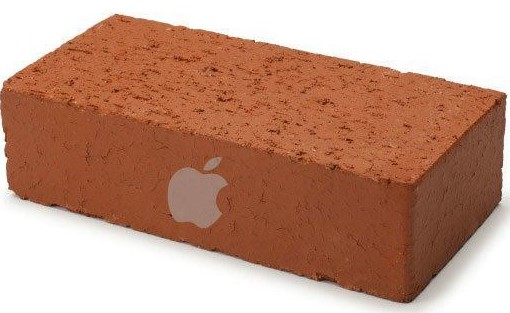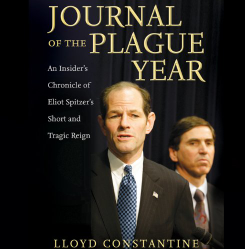In one of the most consequential antitrust rulings in a half-century, Apple v. Pepper, SCOTUS on Monday allowed iPhone app purchasers to sue Apple for overcharges on apps designed and priced by developers (not Apple) but sold on the App Store. The decision was 5 to 4, with Justice Kavanaugh not merely siding with the liberal quartet of Ginsburg, Breyer, Sotomayor and Kagan, but writing a highly pro-consumer majority opinion that the right-wing dissenting foursome (who thought they had a quintet) bitterly complained was hopelessly and irrationally liberal.

Justice Kavanaugh
How could this have happened and how did it? The answer has little to do with antitrust law, legal principles involving causation and standing to sue or economics, as the dueling majority and dissenting opinions might lead a Martian observer to conclude. But before HL gives the terrestrial explanation for Brett K’s apostasy, a brief antitrust lesson is in order.
In the 1970s, Illinois the state, sued Illinois the brick company, for fixing and raising the price of bricks the state used to build stuff. But because Illinois had purchased those price fixed bricks not directly from Illinois Brick but from middlemen, SCOTUS in the 1977 Illinois Brick decision ruled “tough shit” to Illinois saying only the intermediaries could sue to recover the overcharges. Even if they passed on all of those price-fixing overcharges to the state and other ultimate purchasers of the bricks. This pervasively unjust and anti-consumer Illinois Brick rule has been the bane of state attorneys general and other antitrust advocates representing consumers for the last 42 years.
It eliminates the antitrust remedy for people such as prescription drug purchasers whose prices have been wildly inflated, not by pharmacies, but drug makers and dominant wholesalers, one or two steps removed from the consumer’s trip to the drugstore.

Chief Justice Roberts
Monday’s case pitted app purchasers – like those brick purchasers – against Apple, who like Illinois Brick is the alleged antitrust evil-doer whose illegal conduct hurt app developers, who then passed along the harm to app purchasers in the form of higher prices. Justices Gorsuch, Thomas, Alito and Chief Justice Roberts said this was just like Illinois Brick, so the app purchasers shouldn’t be able to sue Apple for harm done to the developers, even if the developers passed along that harm to app purchasers with higher prices. The only difference between those bricks and these apps was that iPhone users bought the apps at the Apple App Store. For the majority this was a principled distinction between the two cases, but for the dissenters it elevated form over substance and was treated as a distinction without a difference.

Christine Blasey Ford
Prior to commencement of hostilities in the Christine Blasey Ford Theatre of the Kavanaugh Confirmation War, of a thousand antitrusters 999 would have predicted that a 5-4 in this case, or any antitrust case like it, would have Kavanaugh comfortably in the five-justice right-wing majority. But not what he did or did not do to Professor Ford or other women but his partisan, political and despicable performance responding to Ford’s testimony was the proximate cause of his vote with the Court’s liberal wing in Apple v. Pepper. It also has been the cause of several other startling Kavanaugh votes along with the Chief Justice in the period soon after he was sworn in.
In one, Kavanaugh joined Roberts in thwarting one of Trump’s many efforts to stop refugees from seeking asylum at the border with Mexico. In another, Kavanaugh helped the Chief block Louisiana from enforcing an abortion restriction almost identical to a Texas law that SCOTUS ruled unconstitutional in 2016. Each time justices in the Court’s supposedly solid right majority cried “wha happen?”
For the foreseeable future, that being as long as lots of people recall Kavanaugh’s spectacle on September 27, 2018, the Associate Justice will once in a while surprise some with a vote like that in Apple v. Pepper. He will do that in a futile attempt to dispel the notion and prediction that he is a reliable vote for the right-wing, retrograde and reactionary.
Bonus Antitrust Lesson: while the Apple v. Pepper decision is very important and will allow the claims in the case to proceed, Apple will ultimately prevail. It is claimed that Apple monopolizes something. What? The U.S. Smartphone Market, where its share has never reached 50%? A market defined as iPhones and the apps that interoperate with them? Perhaps, but while courts sometimes have defined single brand markets under very special circumstances, those are not present here. So, Apple wins this case, but consumers and competition will be the winners in many others because of Brett Kavanaugh’s attempt at redemption.



0 Comments